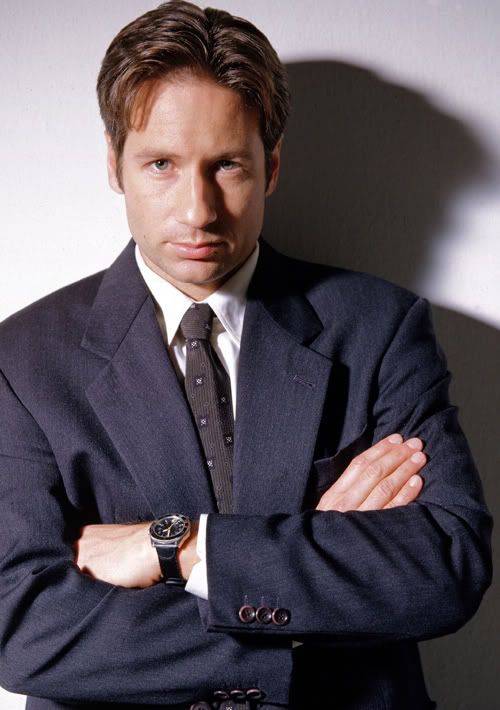Dead Poets Society (1989).
Directed by Peter Weir. Starring Robin Williams, Robert Sean Leonard, and Ethan Hawke. Rating = 8/10.
Dead Poets Society is a well told story about a familiar topic, a new teacher comes in and inspires his class. What is different in this take is that not everyone is inspired, and the ending isn't a happy one. While the movie does have its share of cliches, it overcomes this with its fine acting, especially by Robert Sean Leonard and Ethan Hawke as two young prep academy students who discover there is more to life than what authority tells them. The two are brought out of their shells in various degrees by the quick-witted and charismatic Mr. Keating (Williams), who tries to show the beauty of poetry to a group who have known nothing but conformity their whole lives.
This sudden introductory lesson to creativity causes Neil (Leonard) to go against his strict father (Kurtwood Smith) and join a local production of "Midsummer Night's Dream," forging his dad's name in the process. Todd (Hawke) is new and very shy, going so far as to lie about not having done an assignment, just so he won't have to talk in front of others. Eventually, he comes so far as to defy the head of the academy, by standing on his desk, and calling out to Mr. Keating, "O Captain! My Captain!" The joy of this film for me was how surprisingly attached I became to the young men inspired by Keating. Neil's death, however, may have affected me more because 1.) I had a Shakespeare play to perform that night myself and 2.) I am a big fan of Robert Sean Leonard's work on the television show House M.D. Even so, such a brilliant young man being driven to suicide by his father's excessive strictness struck an odd cord with me. And the finale, with many of Keating's former students standing on their desks and proclaiming the famous Whitman line previously stated, while somewhat far-fetched, was still an incredibly effective ending to the film.
The reason the movie loses points is the subplot of Knox Overstreet and his attempts to woo a girl in higher social status than him, which seemed out of place and a mere distraction from the heart of the film. The movie also suffered from its amount of cliches and similarities to other "inspirational teacher films" such as Goodbye, Mr. Chips. Also, the teacher who is inspiring all these children is given very little back story or development, coming in only as a plot device to move the students' stories further. Despite these setbacks, Mr. Weir has crafted a wonderful film that catches the feel of the time period and the "go with the herd" mentality that was embedded in it.
The film, though being one that has its students entranced by poetry and even reforming a Dead Poets Society to continue their growing passion for it, does not delve into any of the dead poets. Their lines are merely spewed when necessary or to make a point. What they mean is hardly examined and the poets themselves are given very little literary credit. In relevance to poetry, Dead Poets Society simply uses it as a MacGuffin. It doesn't have much to do with the main action throughout the film, rather it is a device that sets the rest of the story in motion.
So, while the film lacks poetic substance, it does pack enough of a punch to recommend it to AP English classes. Hopefully, the students will hear the lines spoken and be struck by one, and that spark will cause them to go looking into the poets and their poems. Like movies based on books, this movie serves as a leaping off point for some people into the work(s) that the film's story came from. While it may not be perfect, it will definitely help students understand what poetry's effect can have on a person's life, and the bigger things it can drive us to do.
"O Captain! My Captain!"
Saturday, December 1, 2007
Subscribe to:
Post Comments (Atom)

1 comment:
derek-
an almost professionally written review. i agree with most of what you said but i think giving keating's back story would compromise what i think is the biggest message in the film:
each of us is in charge of our own destiny.
to show keating's back story might make people say, "oh well, he had this or this growing up, so that's why he's so dynamic and successful..."
the story is about the boys, and i think weir wanted to keep it that way. all keating did was awake something in thee boys that was already there.
again, great job with the play.
hughes
Post a Comment